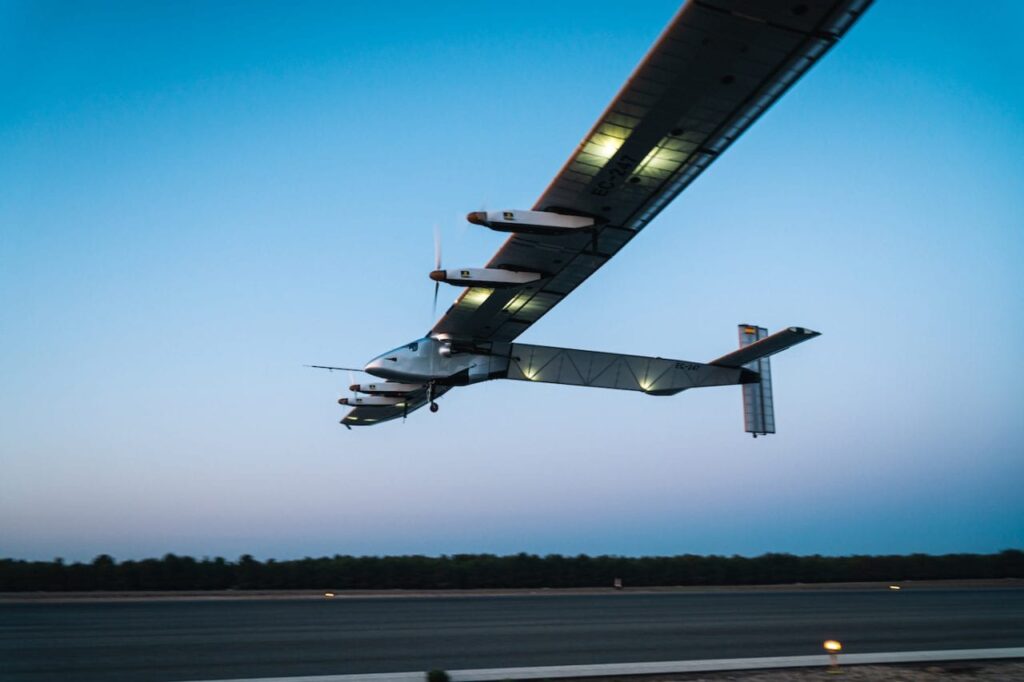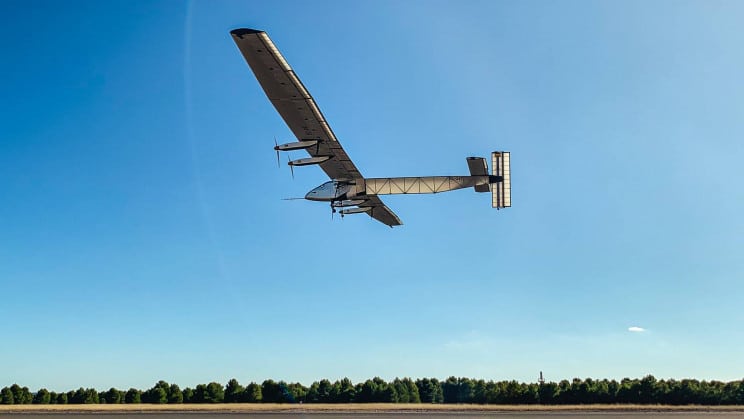In August 2021 the US Navy began a collaboration with a Spanish aerospace company called Skydweller. The target? Develop an unmanned aircraft (also called Skydweller) capable of staying in the air for 90 days without landing, thanks to large solar panels on both wings. Since then, Skydweller has worked hard to raise funds for his revolutionary plane - has he made it?
Mission accomplished. And that's not the only news.
Today's news is that the Defense Innovation Unit (DIU), in partnership with the United States Navy, has given Skydweller what it takes to continue. A $ 14 million contract and a task: to develop and integrate technologies for future vertical lift and perpetual flight aircraft.
Perpetual? Yes, I confirm. Indeed, Skydweller CEO Dr. Robert Miller confirms it.
Further development of the perpetual flight aircraft for the next generation detection and surveillance system is critical to national security. This collaboration will accelerate the advancement of our platform, while also demonstrating a viable, zero-emissions solution that significantly expands aircraft mission capabilities.
How significantly? “Skydweller will be able to develop military-grade unmanned aerial systems that can operate safely and effectively without landing for record periods of time,” Miller says, “in diverse environmental conditions.”

A whole year in flight without landing
In yesterday's interview with CNN, the data that emerges is surprising: the Skydweller solar plane could remain in the air for an entire year without landing. In summary: act as the world's first "pseudo-satellite".
What is a pseudosatellite? Simple. It's a plane that stays in the sky, let's say, indefinitely. 30, 60, 90, 365 days without ever landing. And it can do everything a satellite does, or even more: because a plane can return to Earth whenever its operators want, and it has no problems with space debris.
The employment times? Lightning fast: Miller hopes to deliver Skydweller as early as 2023.
Yes, it would fly on its own without landing. And yes, it could do many good things for the environment, such as monitoring natural resources and improving disaster response: but let's bet on what its first use will be, "also thanks" to situation in Ukraine?


